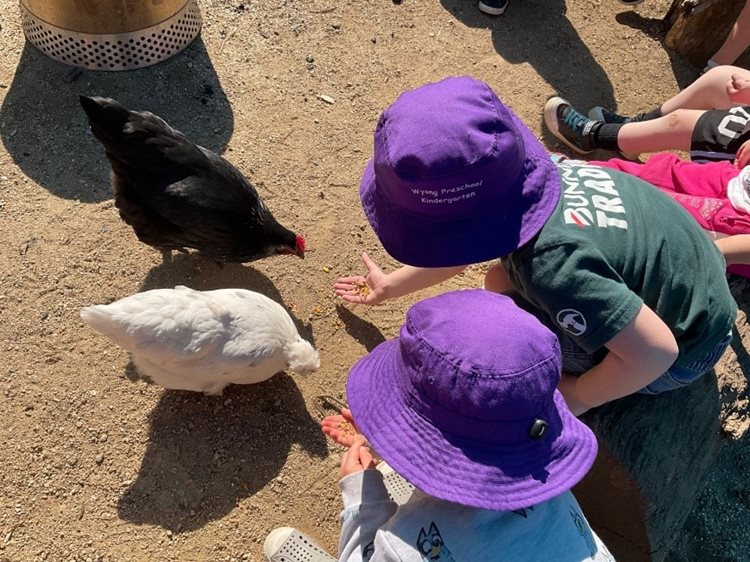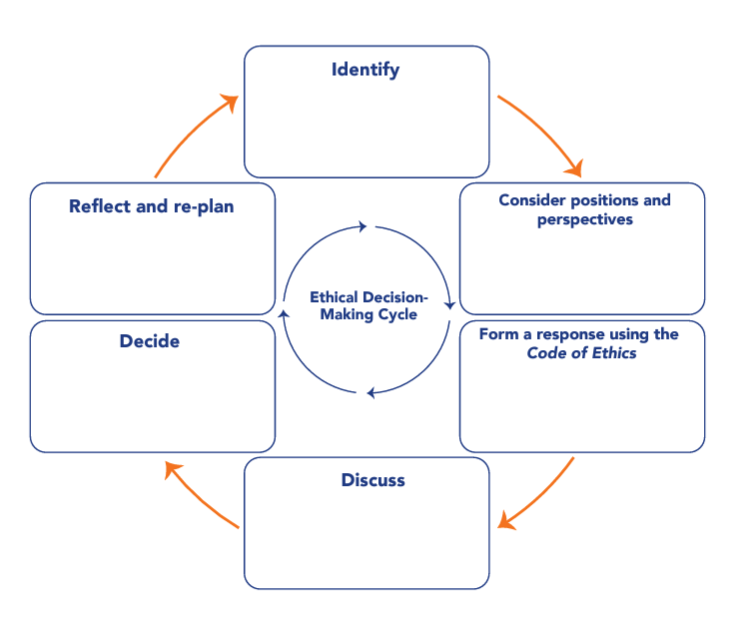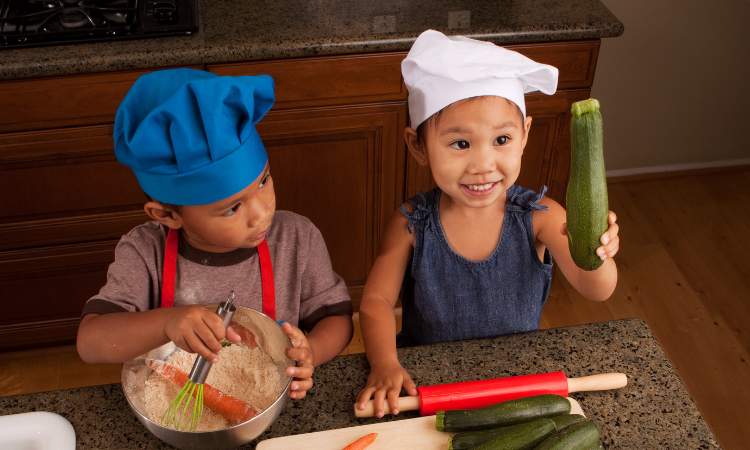The use of food for play in early education and care services is a contentious topic, and has sparked debate amongst educators for many years. We first covered this topic with viewpoints from Anne Peters back in 2017, but thought it was time to review the topic in light of the updated EYLF V2.0 and current considerations such as the environment and rising cost of food.
While some argue that it represents a wasteful and culturally insensitive practice, others see it as a valuable educational tool and a practical resource for sensory development.
This becomes an ethical dilemma, that can either be addressed by service policies or a choice by individual educators. We look at the case for and against food in play and share viewpoints from early educations specialist Jannelle Gallagher and educational leader Kate Lowe.
The case against using food in play
Critics argue that the use of in-date food for play activities is wasteful and reflects a privilege not able to be shared in all communities or countries. Others contend that such practices can be offensive, particularly in cultures where there is a historical focus on the importance of not wasting food, like the Chinese and Japanese adage emphasising the hard work behind each grain of rice. In some cultures, using food for non-nutritional purposes can be perceived as disrespectful and insensitive.
Furthermore, sustainability concerns are paramount. With guidelines emphasising ethical and sustainable practices across all areas of early education, such as the sustainability principle in the EYLF V2.0, there is increasing focus on demonstrating environmentally responsible behaviour. Critics believe that using food in play contradicts these principles, confusing the message of respecting and conserving resources.
“Using cooking products for play doesn’t connect with our views on economic, social and environmental sustainability, however when a benefit out ways the risk, we look at how best we can use the experience to discuss the wastage and caring for our world holistically,” says Kate Lowe, Educational Leader at Wyong Community Preschool.
Kate argues that children with sensory needs or avoidances can often benefit from playing with materials based on food ingredients such as cornflour for goop and flour within dough.
“Discussing the benefits of this type of play and the learning that comes from this play compared to the waste and economic impact of this product allows educators to make an informed decision of the use of food products within play,” suggests Kate.
On occasions, the use of rice has been explored with a child who was unwilling to try new materials.
"Educators looked at ways this use of food products could not be wasted,” shares Kate. “After a week of exploring, the rice was cooked and distributed to our chickens, supporting the children to understand food wastage and how we can give back to the chickens who provide us with eggs."

Children at Wyong Preschool feed the chickens
The team at Wyong regularly uses the ECA Ethical Decision Making Cycle to consider ethical dilemmas such as this one. Once the ethical dilemma is identified, they consider positions and perspectives ensuring that educator, children, and family voices are included before a decision is made.

Image via ECA Ethics in Action: A practical guide to implementing the ECA Code of Ethics
The case for food in play
On the other side of the debate, proponents of using food in play highlight its educational and therapeutic benefits. They argue that it can be a cost-effective way for families and services to provide children with play materials, and that it can support children with food aversions or sensory issues. This exposure can lead to less food wastage overall as children become more familiar and comfortable with different foods, and are then more likely to eat the food they are served.
Supporters also emphasise the inclusiveness of using food in play. They argue that it offers valuable learning experiences that children may not get at home, helping to develop a more rounded sensory and cognitive understanding. Additionally, food is biodegradable, taste-safe, and can often be reused, arguably presenting a more environmentally friendly option compared to synthetic materials and plastic toys.
“Food is a valuable resource and essential for our existence,” shares CELA early education specialists and former preschool director Jannelle Gallagher. “One of the United Nations Sustainable Development Goals is ‘zero hunger’. Children and educators' intentional exploration of food requires thoughtful and purposeful actions. Providing play opportunities around food is essential for children to experience a range of healthy foods, learn about food choices, and explore the significance of food in culture.”
Jannelle suggests that meaningful food play experiences embrace intentionality and may include gardening and creating new recipes.
“In our preschool’s garden, we had an abundance of tomatoes and rosemary,” reflects Jannelle. “One child suggested we create rosemary and tomato soup. So, the experimentation began with taste testing the herbs and tomatoes and asking parents for tips on how to make soup. After several days spent researching, writing, planning, and working alongside the children, we were ready to prepare the soup together. It was delicious.”

Striking a balance
The Early Years Learning Framework V2.0 makes reference to food four times, talking about children's experiences with food, building an understanding of healthy foods, food choices, and the significance of food in every culture.
It's clear that a balanced approach is needed. Early education settings should consider the cultural, economic social and environmental implications of using food in play, ensuring that practices are respectful, sustainable, and aligned with broader educational goals. Developing clear policies, educating staff, children and families about food waste, and exploring alternative materials can help reconcile the opposing viewpoints.
Ultimately, the decision to use food in play should be based on thoughtful consideration of the ethical, cultural, and educational factors involved, ensuring that children's learning experiences are enriching, respectful, and environmentally responsible.
References:
United Nations Sustainable Development Goals
Early Childhood Australia: Ethics in Action practice tools
Further reading:
Don't play with your food by Anne Peters for Amplify (2017)
CELA professional development relating to this topic

FIND OUT MORE